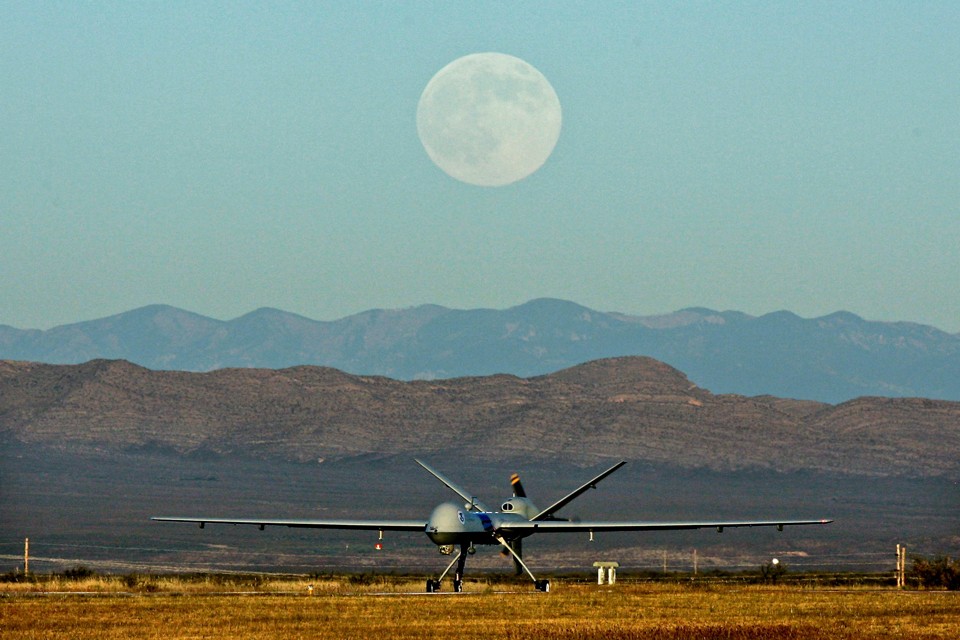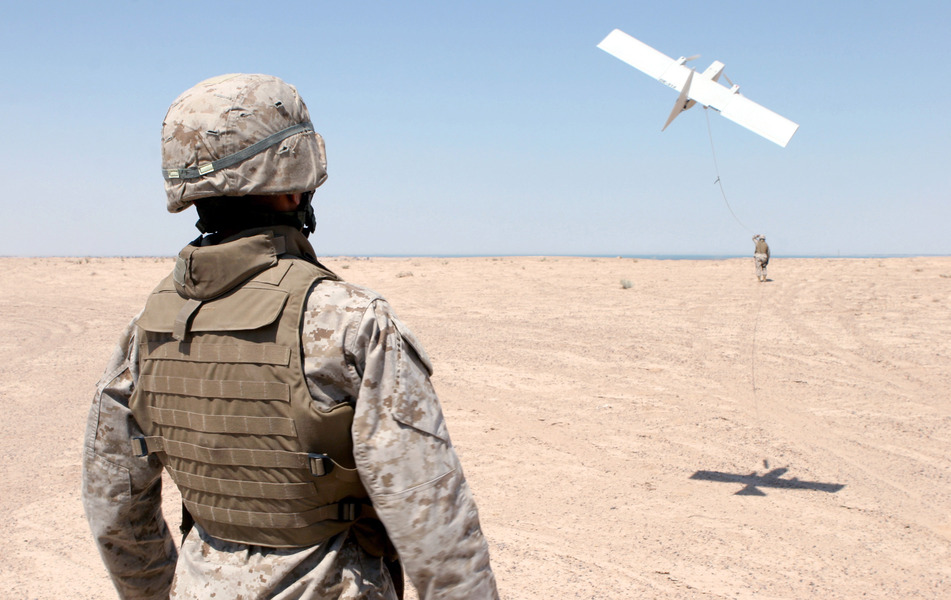Eliminating the Afghanistan Exception to the Oversight Regime for Military Kill/Capture Ops
A little-noticed provision of the National Defense Authorization Act for Fiscal Year 2016 might expand Congressional oversight of kill/capture operations conducted by the U.S. military. The change arguably reflects the ongoing process whereby U.S. involvement in Afghanistan is coming to resemble our involvement in Yemen and Somalia (and we now might add Libya), and constitutes the latest development in the long-running process whereby we are evolving a legal architecture for kinetic operations in situations that are not obviously full-fledged combat operations.

Published by The Lawfare Institute
in Cooperation With

A little-noticed provision of the National Defense Authorization Act for Fiscal Year 2016 might expand Congressional oversight of kill/capture operations conducted by the U.S. military. The change arguably reflects the ongoing process whereby U.S. involvement in Afghanistan is coming to resemble our involvement in Yemen and Somalia (and we now might add Libya), and constitutes the latest development in the long-running process whereby we are evolving a legal architecture for kinetic operations in situations that are not obviously full-fledged combat operations.
Context: The 2013 effort to reduce the (apparent) oversight gap between CIA and JSOC ops away from “a theater of major hostilities”
Is there a significant difference between the granularity of oversight that Congress exercises over CIA-conducted covert action as compared to its oversight of JSOC-conducted “traditional military activities”? This is an important question, whether one likes or dislikes the idea of Congressional oversight in general. Among other things, it is a question that should matter for the ongoing debate over whether to end CIA involvement in kinetic operations, in favor of exclusive military control of such things. The question is very hard to answer, however, at least from the outside.
It is quite possible that the answer is different today than it was before 2013. Why? Because in 2013 Congress quietly enacted an important new oversight rule, one that originated with the House Armed Services Committee. Codified at 10 USC 130f, the “Sensitive Military Operations” oversight system requires SecDef to provide prompt written notice to the defense committees of Title 10 activities that meet the following definition (from 130f(b)):
a lethal operation or capture operation conducted by the armed forces outside the United States and outside a theater of major hostilities pursuant to—
(1) the Authorization for Use of Military Force (Public Law 107–40; 50 U.S.C. 1541 note); or
(2) any other authority except—
(A) a declaration of war; or
(B) a specific statutory authorization for the use of force other than the authorization referred to in paragraph (1).
The core idea is clear and sensible: if JSOC or any other U.S. military entity conducts an operation to kill or capture a person under color of the AUMF in locations other than a “theater of major hostilities”, Congress should receive a written notification, not unlike what would occur if CIA were to conduct such an operations. Some variance between reporting of JSOC and CIA kinetic counterterrorism activities might still remain, of course, but the potential oversight gap (or the appearance of such a gap) nonetheless would be reduced. So far so good.
What would change under the Senate’s version of the NDAA FY’16?
Section 1032 of the NDAA is short and sweet: it cuts subsection (e) from 10 USC 130f. So…what is subsection (e)? It is the part that clarifies that the Sensitive Military Operations oversight rule does not apply to AUMF activities in Afghanistan:
(e) Exception.— The notification requirement under subsection (a) shall not apply with respect to a sensitive military operation executed within the territory of Afghanistan pursuant to the Authorization for Use of Military Force (Public Law 107–40; 50 U.S.C. 1541 note).
The apparent upshot of adopting this language, in short, might be to extend the obligation to give written notifications to the defense committees to kill/capture ops conducted in Afghanistan, same as with Yemen or elsewhere. Which makes a lot of sense (assuming one likes the idea of such reporting in the first place) if one takes the view that we are set on a path in Afghanistan that is beginning to less and less analogous to conventional combat operations and more and more akin to our episodic-counterterrorism activities in Yemen and Somalia. But is that necessarily what would happen?
Is it clear that this language would result in an extension of reporting obligations to Afghanistan?
Not quite. Note that the operative language quoted above, from 10 USC 130f(b), still includes an exclusion for “a theater of major hostilities” right there in the very definition of sensitive military operations. One might argue that removal of the explicit Afghanistan exception serves only to leave everyone to debate whether Afghanistan still counts as a “theater of major hostilities,” rather than definitively establishing that it does not. To make the same point another way, consider how you would answer the following question: Did 10 USC 130f apply to the JSOC raid targeting Abu Sayyaf of ISIL, in Syria a few months ago (the same raid that left us with custody of Umm Sayyaf)?
How does the Obama administration feel about all this?
Not so happy. The White House has not threatened to veto on this particular ground, but in a May 2015 SAP (Statement of Administration Policy) it did offer this view:
Congressional Notification of Sensitive Military Operations: The Administration strongly objects to section 1032, which modifies section 130f of title 10, United States Code, by striking the explicit Afghanistan exception to the notification requirement for sensitive military operations. Afghanistan continues to be regarded as an area of active hostilities. The counterterrorism mission to defeat the remnants of al-Qa’ida is ongoing, in addition to operations to prevent attacks by other extremist groups threatening U.S. forces and personnel in Afghanistan. This amendment would place an undue burden on the Executive branch, which already reports extensively to Congress on U.S. operations in Afghanistan.
If nothing else, this underscores the fact that the administration frames operations in Afghanistan one way for some purposes (proclaiming the “combat” phase over) and another way for other purposes (“continues to be … active hostilities”).


.jpg?sfvrsn=82a6ee72_5)


